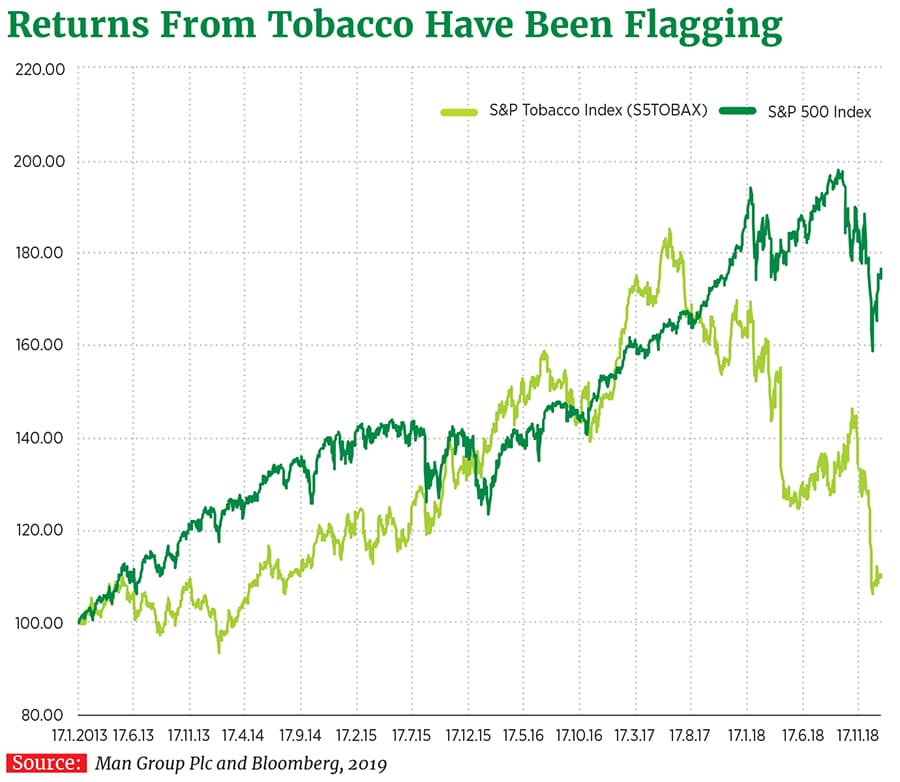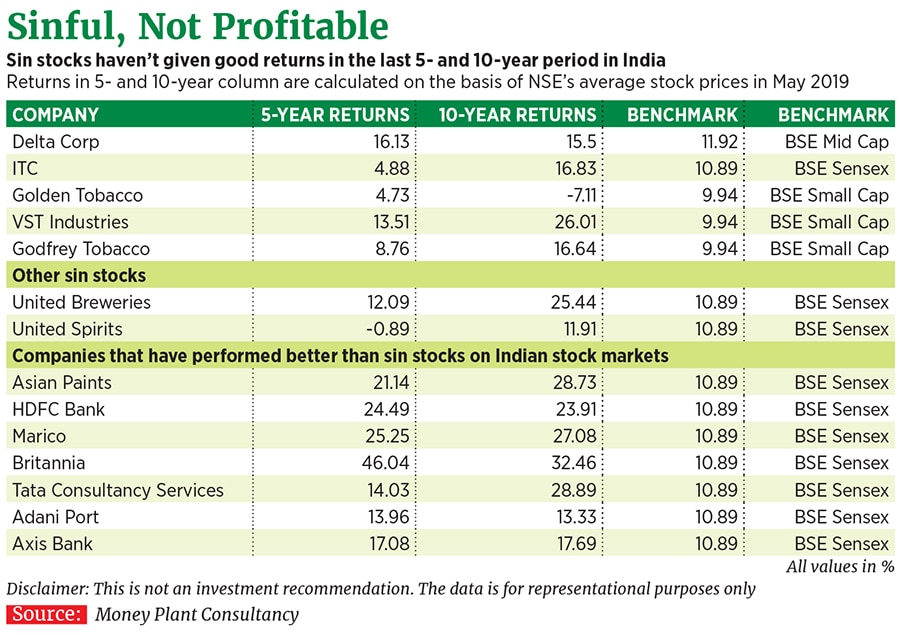
Changing the dynamics of tobacco financing, one investor at a time
Tobacco Free Portfolios, a small NGO in Australia, is altering how the financial sector globally perceives tobacco finance, in a bid to bring down the health costs of tobacco products on society
 Illustration: Sameer Pawar
Illustration: Sameer Pawar• At least 7 million people die due to tobacco use every year, says the World Health Organization
• In this century, nearly 1 billion people will die prematurely because of tobacco
• The World Bank says that the total economic damage of smoking—medical costs and productivity losses from death and disability—is more than $1.4 trillion per year, equivalent to 1.8 percent of the world’s annual Gross Domestic Product
The numbers aren’t new, but they have ceased to shock. The global battle against tobacco is flailing, and India is no exception. Tax and cess hikes on cigarettes and tobacco products, and ghastly health warnings on packaging, have managed to reduce the number of smokers only just, from 34.6 percent in 2009-10 to 28.6 percent in 2017-18, according to the Global Adult Tobacco Survey Factsheet India: 2017-2018. And despite a ban on gutka, India still remains one of its largest consumers.
Now, an Australian not-for-profit, Tobacco Free Portfolios (TFP), is trying to hit where it hurts the most: Cut off finance to tobacco companies. Since August 2018, TFP has convinced over 100 banking, financial service and insurance [BFSI] companies to sign a pledge to review their position on investing in tobacco manufacturers.
The 109 signatories of the Tobacco-Free Finance Pledge represent over $9.5 trillion worth of assets under management (AUM), corporate loan book, and insurance premiums actively under review. “We would like to see an end to the financing of tobacco,” says Dr Rachel Melsom, TFP’s UK and Europe director. “Tobacco companies have been playing the ‘adults have freedom of choice’ card, but when children take up smoking at 10 or 11, it’s the start of an addiction. This is not an informed choice, it is not freedom of choice. The costs tobacco cause are externalised to society, but the profits are internalised to the tobacco companies.”
(This story appears in the 30 November, -0001 issue of Forbes India. To visit our Archives, click here.)








